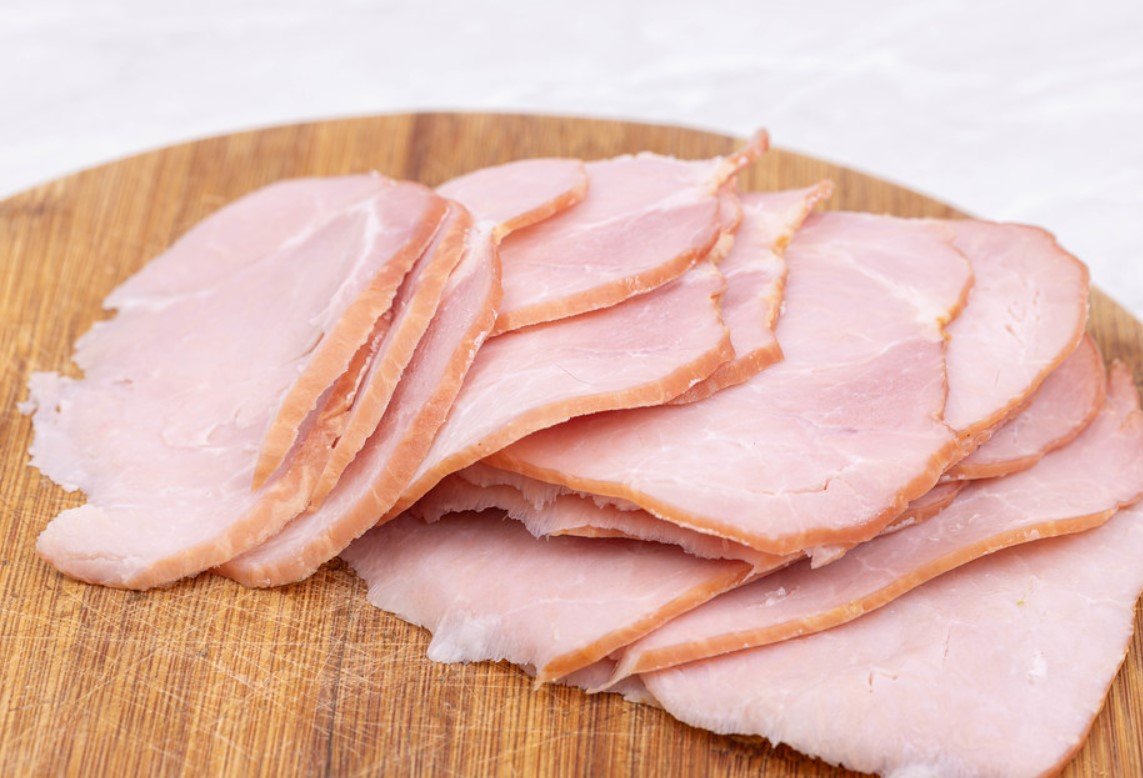A dozen ham and charcuterie producers in France have seen their fines reduced by the Paris Court of Appeal for their involvement in a price-fixing cartel. The court confirmed the existence of the cartel, but revised the initial fines of €93m ($102m) imposed by the Competition Authority to €39m ($43m).
The Ham Cartel: What Did They Do?
The ham cartel was a secret agreement among 14 ham and charcuterie manufacturers in France to coordinate their prices and margins between 2010 and 2013. The cartel had three main objectives:
- To present a common front against pig slaughterers and resist their demands for price increases or obtain price reductions.
- To exchange confidential information and align their price requests to major retailers for raw and cooked charcuterie products sold under private labels or at low prices.
- To organize their responses to tenders from retailers and agree on the prices and volumes of the products.
The cartel affected a large part of the French market for ham and charcuterie, which represents about €2.5bn ($2.7bn) in annual sales. The cartel members included some of the leading players in the sector, such as Cooperl, Fleury Michon, Les Mousquetaires, Campofrio, and Nestlé.

The Competition Authority: How Did They Find Out?
The Competition Authority launched an investigation into the ham cartel in 2018, following a leniency application from one of the cartel members, Coop de France. The leniency program allows companies that have participated in a cartel to obtain immunity or a reduction of their fine if they reveal the existence of the cartel and cooperate with the investigation.
The Competition Authority conducted dawn raids at the premises of the suspected cartel members and seized evidence of their collusion. The authority also received testimonies from several employees and managers of the companies involved.
In July 2020, the Competition Authority issued its decision and imposed fines totaling €93m ($102m) on 12 of the 14 cartel members. The authority considered that the cartel had a serious impact on the market and the consumers, and that the companies had acted deliberately and secretly to conceal their practices. The authority also took into account the size and economic power of the companies, as well as their individual involvement and role in the cartel.
The Court of Appeal: Why Did They Reduce the Fines?
The Paris Court of Appeal, which is the competent jurisdiction to hear appeals against the decisions of the Competition Authority, confirmed the conviction of the ham cartel members on March 4, 2024. The court agreed with the authority that the cartel had distorted competition and harmed the interests of consumers and retailers.
However, the court revised the amount of the fines imposed by the authority, reducing them to €39m ($43m) in total. The court justified its decision by several factors, such as:
- The exoneration of some companies for one of the three cartel practices, or the reduction of their participation in the cartel over time.
- The lack of evidence of the actual impact of the cartel on the market and the prices.
- The financial difficulties of some companies, especially Cooperl, which faced a severe crisis due to the African swine fever outbreak in 2019 and 2020.
The court also noted that some of the cartel members had already been sanctioned by the European Commission for their participation in another cartel in the European market for ham and charcuterie products, which overlapped with the French cartel in terms of time and scope.
The Reaction: What Do the Parties Say?
The parties involved in the case have expressed different reactions to the court’s decision. Some of them welcomed the reduction of the fines, while others regretted the confirmation of the conviction.
Cooperl, which saw its fine reduced from €35.5m ($39m) to €13m ($14.3m), said it was satisfied with the court’s recognition of its financial difficulties and its exoneration for one of the cartel practices. However, the cooperative said it still considered the fine disproportionate and unjustified, and that it would appeal to the Supreme Court.
Fleury Michon, which had its fine reduced from €14.8m ($16.3m) to €12.9m ($14.2m), said it was disappointed with the court’s decision, which did not take into account its financial situation and its limited role in the cartel. The group said it would also appeal to the Supreme Court.
Les Mousquetaires, which had its fine reduced from €31.7m ($34.9m) to €5.6m ($6.2m), said it was relieved by the court’s decision, which acknowledged its minor involvement and its cooperation with the investigation. The group said it would not appeal to the Supreme Court.
The Competition Authority, which had imposed the initial fines, said it respected the court’s decision, which confirmed the existence and the gravity of the cartel. The authority said it would study the court’s reasoning and decide whether to appeal to the Supreme Court.
